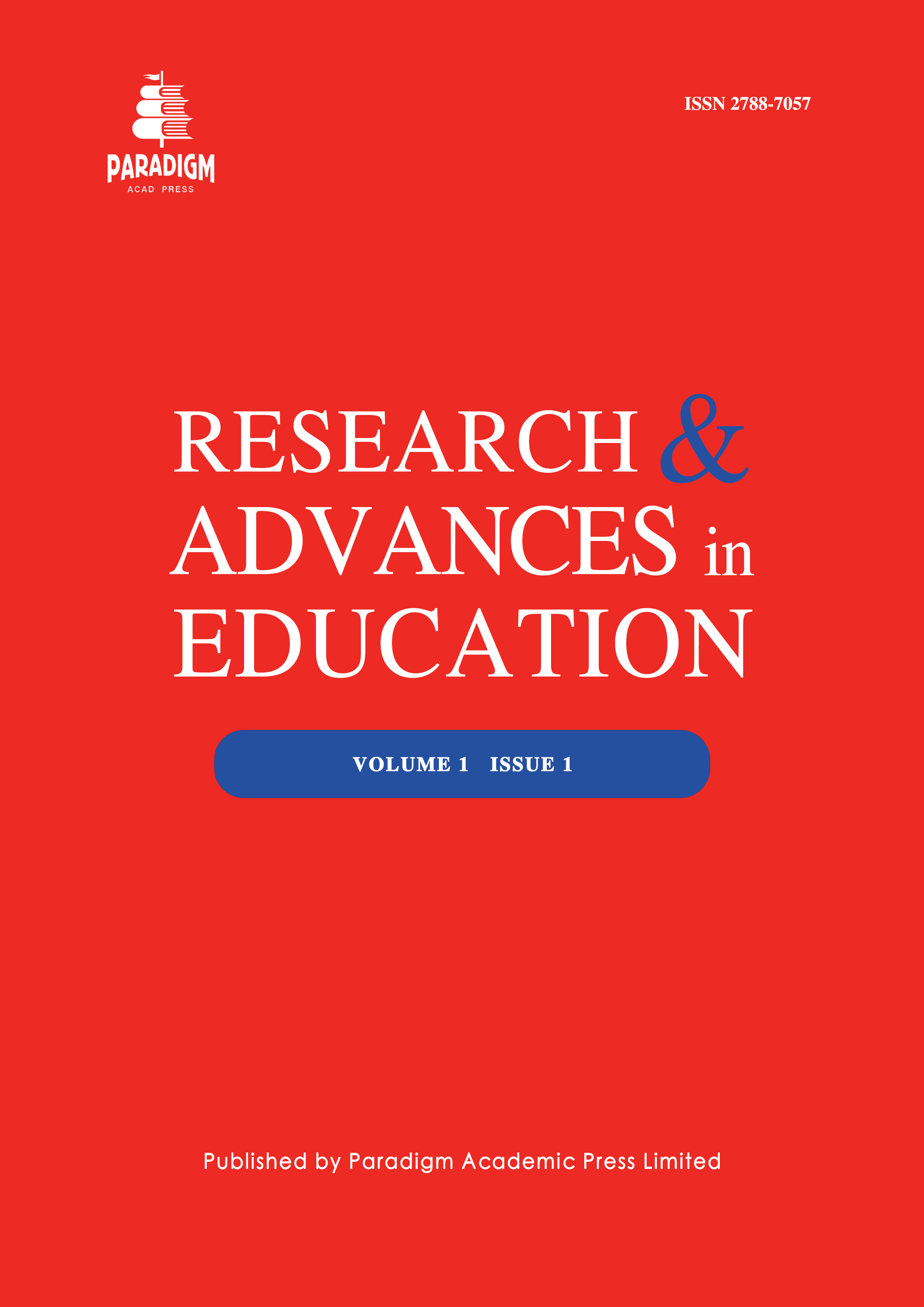Advancing Research and Evaluation Methods in Special Education: Enhancing Practices and Improving Outcomes
Keywords:
special education, research, evaluation, challenges, emerging trends, innovative approaches, recommendationsAbstract
This paper discusses the importance of research and evaluation in special education and its impact on improving outcomes for individuals with disabilities. It explores common challenges in conducting research and evaluation in special education, such as access to participants, measurement and assessment, ethical considerations, limited resources, and generalizability. The paper also highlights emerging trends and innovative approaches in special education research and evaluation, including mixed methods research, technology-enhanced assessment and intervention, implementation science, and participatory research. Additionally, it offers recommendations for future research in special education, including longitudinal studies, intersectionality and inclusivity, teacher preparation and professional development, family engagement and involvement, transition and post-school outcomes, inclusive practices and environments, technology and assistive technology, culturally responsive practices, and policy and systems-level research. By addressing these areas, special education can continue to evolve and improve, leading to more equitable and effective educational experiences for individuals with disabilities.


